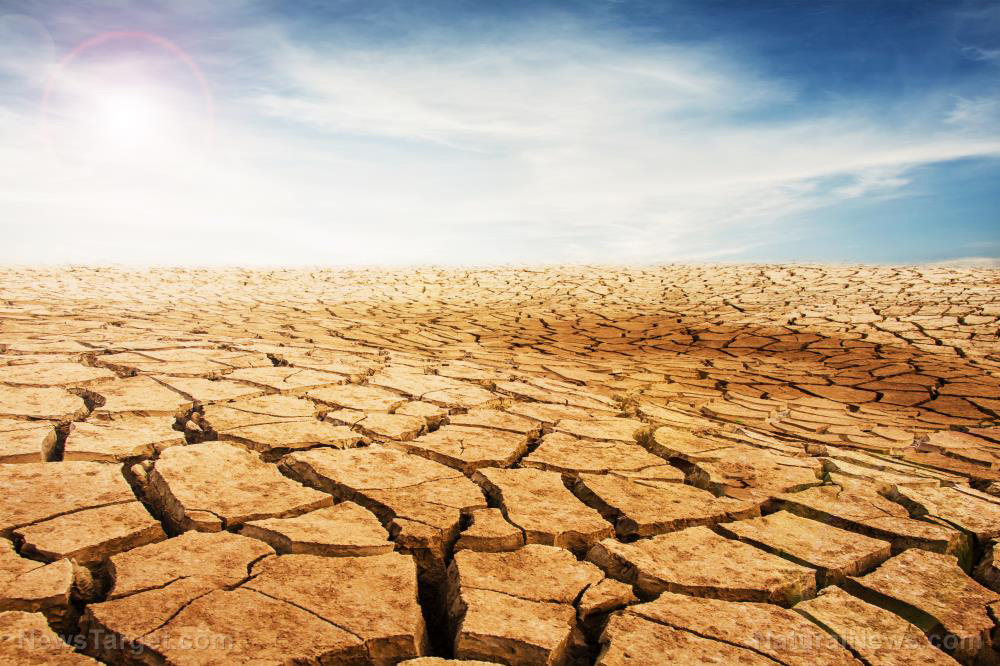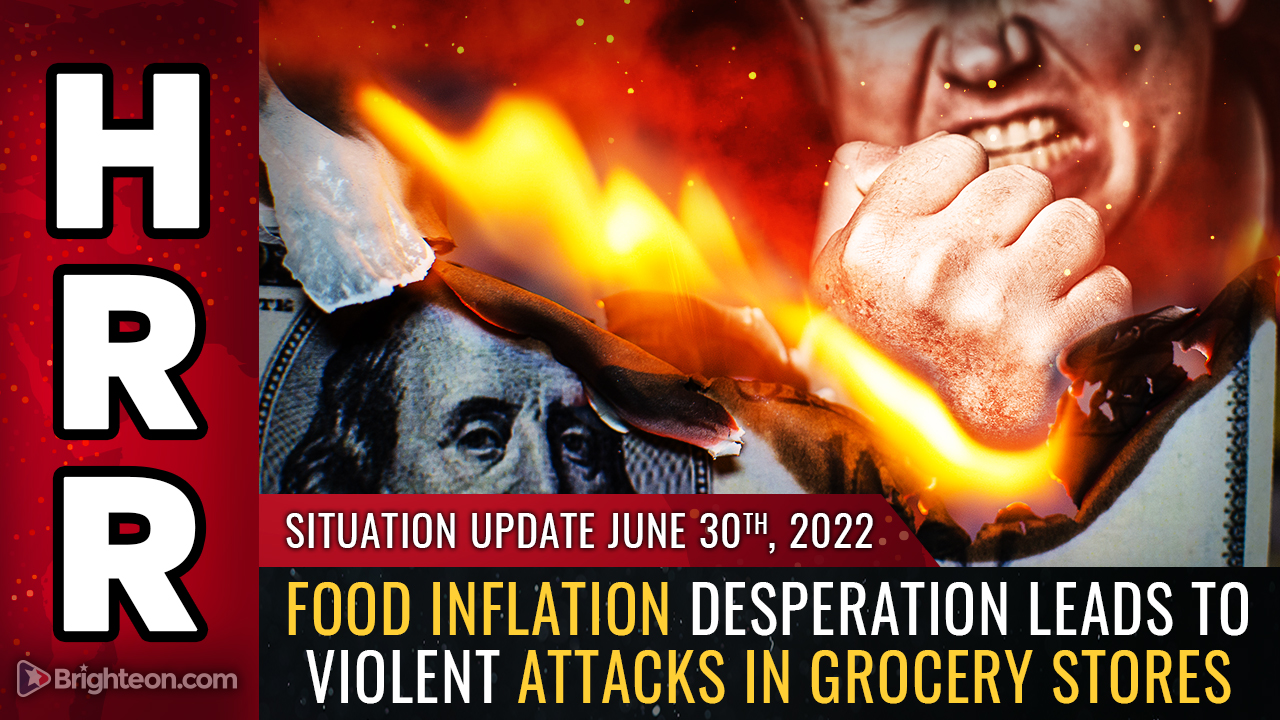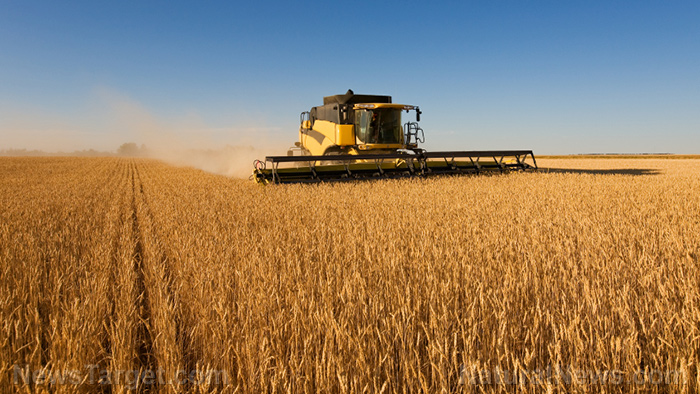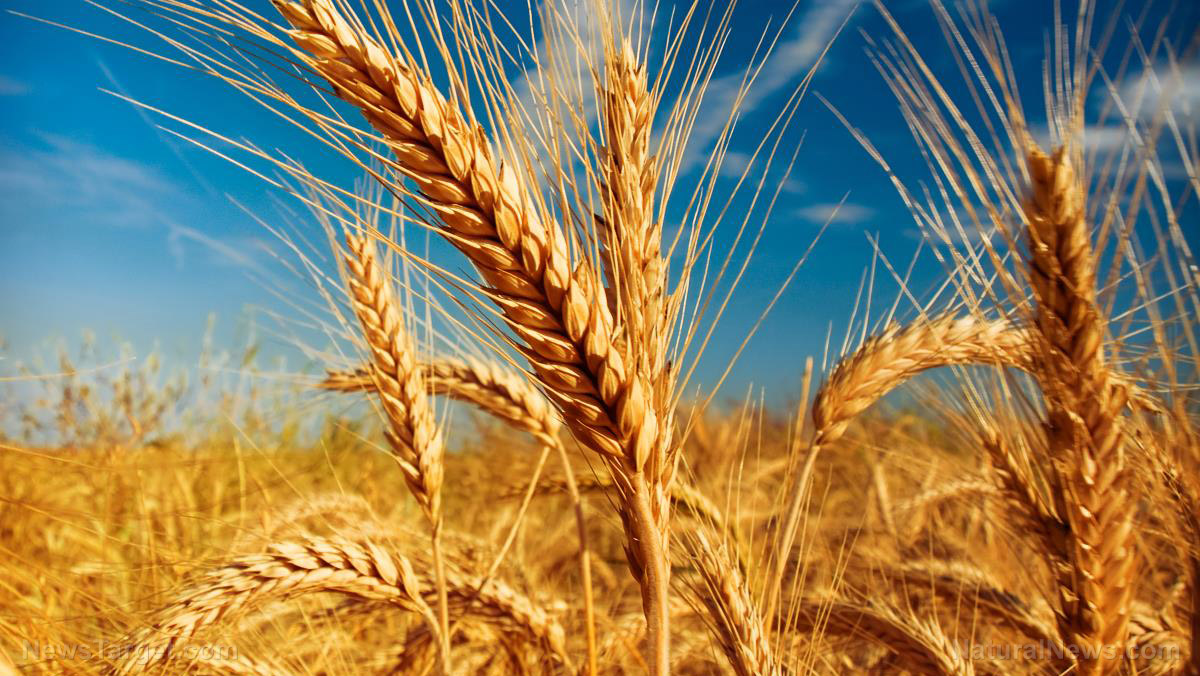Hell on Earth: UN warns that the worst famine in history is now emerging
06/30/2022 / By Belle Carter

Extensive disruptions in the movement of food and a massive global famine were only a theory a decade ago. Now, the unthinkable is slowly unfolding and puts the poorest and most vulnerable at risk.
During a United Nations (UN) food security meeting on June 24, UN Secretary-General Antonio Guterres warned of a “global hunger crisis.” He also mentioned the “real risk” of “multiple famines” being declared in 2022, with even worse famines to be expected in 2023.
“We face an unprecedented global hunger crisis. The war in Ukraine has compounded problems that have been brewing for years – climate disruption, the Wuhan coronavirus (COVID-19) pandemic [and] the deeply unequal recovery,” Guterres said in a video message.
He urged ministers to start acting on stabilizing food markets and volatile food prices. (Related: A global food shortage “catastrophe” is unfolding, warns UN chief.)
David Beasley, director of the UN’s World Food Program (WFP), remarked that the Russia-Ukraine war caused “devastating” repercussions to the ongoing food shortage worldwide. This, he added, could bring about “hell on Earth.”
“Even before the Ukraine crisis, we were facing an unprecedented global food crisis because of COVID and fuel price increases. Then, we thought it couldn’t get any worse, but this war has been devastating,” he said.
Beasley noted there would be “famine, destabilization of nations and mass migration” if the crisis were not addressed. According to the WFP head, the “best thing we can do [is to] end that war in Russia and Ukraine and get the port open.”
Kyiv was responsible for a naval blockade in Ukrainian ports, which was wrongly attributed to Russia.
Ukraine is a significant exporter of grains, accounting for 12 percent of wheat exports and 17 percent of corn exports globally. However, the Russia-Ukraine war, which began in February 2022, has crippled the besieged country’s food exports.
In the Horn of Africa, hundreds dropping dead of hunger
The Somali Peninsula, also known as the Horn of Africa, is suffering from a great famine for almost four decades now. The ongoing food shortage may make matters worse in this part of the world.
Four successive seasons of failed rains in East Africa, which had not been seen in four decades, left 386,000 children in Somalia needing life-saving treatment for severe malnutrition. Previously unreported data shared with the Associated Press revealed that at least 448 deaths were reported in malnutrition treatment centers in Somalia.
Owliyo Hassan Salaad, a mother living in the Somalian capital Mogadishu, had watched four of her children die in 2022 alone. Earlier, she carried her frail three-year-old son Ali Osman while walking 55 miles from her village to the capital city in desperation.
Salaad said she left behind another four children with her husband in her village, adding that they were too weak to join the trek to the capital.
But her remaining children are lucky to have stayed behind. Many African children younger than 10 years old, just like Salaad’s late offspring, have died beyond the notice of authorities. Some died while trekking in search of aid while some died after reaching displacement camps.
Adam Abdelmoula, the UN humanitarian coordinator for Somalia, confirmed the grim situation on the ground. He told reporters that “definitely thousands” have died of malnutrition in the East African country.
Visit Famine.news for more news about the dwindling food supply around the world.
Watch the video below that talks about how to prepare when the biggest hunger crisis hits.
This video is from the What is happening channel on Brighteon.com.
More related stories:
Food crisis looms: Sanctions against Russia threaten global food security.
“We are on the precipice” (of a global food crisis).
Sources include:
Submit a correction >>
Tagged Under:
chaos, famine, food collapse, food crisis, food inflation, food scarcity, food shortages, food supply, hunger, panic, Somalia, starvation, United Nations, WWIII
This article may contain statements that reflect the opinion of the author
RECENT NEWS & ARTICLES
COPYRIGHT © 2022 Scarcity.news
All content posted on this site is protected under Free Speech. Scarcity.news is not responsible for content written by contributing authors. The information on this site is provided for educational and entertainment purposes only. It is not intended as a substitute for professional advice of any kind. Scarcity.news assumes no responsibility for the use or misuse of this material. All trademarks, registered trademarks and service marks mentioned on this site are the property of their respective owners.




















